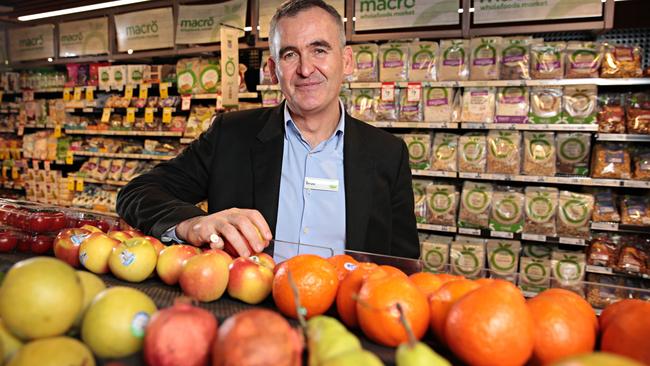
Supply-side inflation is washing through the economy and its driving up the basic costs of business.
The key for the Reserve Bank is whether this cost hike is a temporary blip or more endemic as the economy reopens.
The supply hit for Woolies ranges from shipping delays to shortages of basic logistics infrastructure such as wooden pallets.
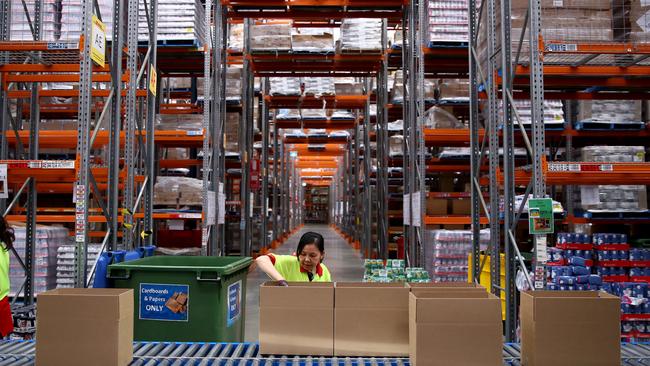
Costs were also impacted by higher volumes and fuel price increases. The looming shortage in diesel fuel additive AdBlue is going to open another front on the cost line for business if the threatened crunch to supplies of the fluid hits the nation’s trucking fleet from early next year.
Woolies shares fell 7.7 per cent on Tuesday as retailer warned on higher costs and slowing sales growth during the December half.
RBA governor Philip Lowe will touch on inflation when he gives a speech on his home town of Wagga Wagga in the NSW Riverina on Thursday. The RBA this month noted while inflation has increased, but, in underlying terms, is still low, at 2.1 per cent. The central bank is still forecasting underlying inflation to reach 2.5 per cent over 2023.
As well as the direct costs of Covid, so-called “indirect disruptions” in Woolies’ distribution centres including isolating staff pushed up costs by approximately $60-70m during the half.
Woolies has performed over 700,000 rapid antigen tests during the half, which come at a cost of $50 a pop and quickly adds up.
Staffing shortages often meant closing some warehouses entirely or inexperienced workers operating in distribution centres which resulted in trucks often out of synch when delivering to stores or half full or had duplicated stock.
These material inefficiencies puts cost pressures back on local store teams but as Banducci points out “essentially what you end up doing is, your cost per carton is just not where it needs to be”.
Broader costs stemming from a labour squeeze were also being felt with Woolies granting an average 2.5 per cent pay rise across its workforce without being linked to any productivity gains.
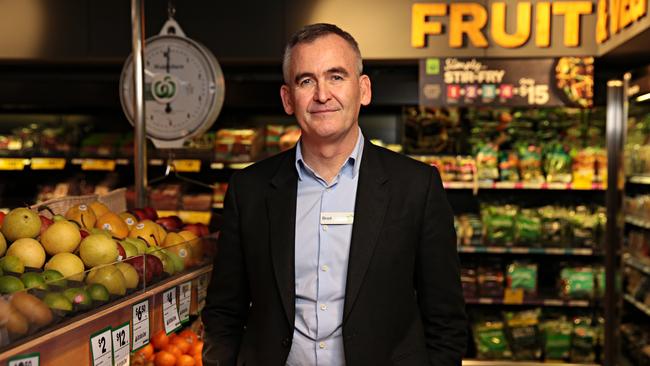
The sheer disruption of Covid over the past 18 months means Woolworths simple hasn’t be able to push through any major structural changes across its business to drive productivity.
Woolworths chief Brad Banducci says October and November were the months when supply chain costs really set it as Covid restrictions were eased across NSW and Victoria. Companies that are preparing to sign off their accounts at the end of December will now be starting to see cost inflation rising up through their balance sheet.
Banducci for his part is not shying away from owning the cost blowouts. Rather than blaming the environment he says he would have made different decisions over the past six months given what he knows now.
Most of the rises can be tackled, but would need to take time, he adds. On a bright note he said vaccinations have changed the Covid game and he believes this at least has put a framework around the way business can operate.
No quick wins
The sheer magnitude of the investor windfall on the back of $50bn in Covid capital raisings during 2020 won’t be repeated for a very long time.
And more than $45bn in cash raised so far this year – including CSL’s monster raising – the returns have been more of mixed bag with the best of the bull market behind the ASX as the era of ultra-low interest rates nears the end.
CSL used its toppish share price to unveil a blockbuster $6.3bn raising to help fund its Swiss-based Vifor Pharma acquisition, the placement unveiled on Tuesday night marks one of the biggest single cash calls seen on the Australian market. CSL placed its shares under a trading halt on Tuesday ahead of the acquisitions after last trading at $297.27.
Hundreds of companies rushed to raise cash as Covid hit last year to bolster their balance sheet in the face of unknown.
As government Covid support schemes such as JobKeeper kicked in many companies simply didn’t need to funds which ended up sloshing around the balance sheet and being returned in the form of dividends.
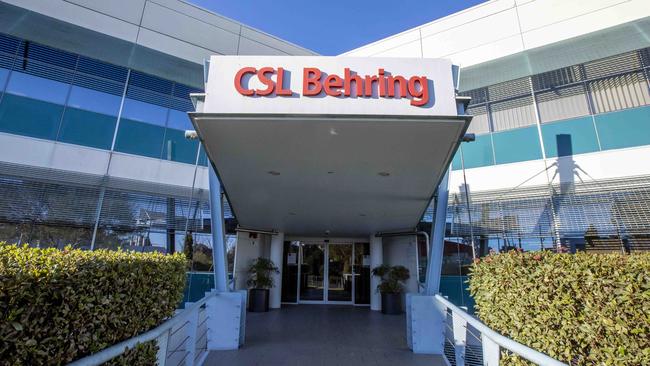
But travel companies, hit hardest by Covid used the cash to keep the lights on.
Investors lucky enough to get a slice of National Australia Bank’s $3bn Covid raising and $1.5bn share purchase plan in April last year are sitting on returns or more than 100 per cent.
Sydney Airport’s emergency $2bn cash call is up 84 per cent and even Qantas shareholders are up 42 per cent on the airlines’ raising last year.
Gains on the big raisings so far this year are more subdued. Transurban investors are 5.4 per cent ahead on its $3.9bn rights issue and Macquarie Group investors up 4.1 per cent on its October $1.5bn issue.
But CSL’s giant raising on Tuesday night, to help fund the $16.4bn acquisition for Swiss-based Vifor Pharma overshadows them all.
While the overwhelming bulk of the $6.3bn raising, foreshadowed by The Australian’s DataRoom column, involved a placement which goes into the pockets of institutional investors CSL tried to keep its loyal retail investor base onside with a $750m share purchase plan.
Retail investors will be right to feel as though they’ve been looked over given the SPP caps their subscription at $30,000. But CSL maintains it was confronted with Swiss takeover laws which require certainty of funding in place in order to progress a transaction.
A standard rights issue which more evenly splits retail and institutional cash would have taken significantly longer given the size of the funding involved.
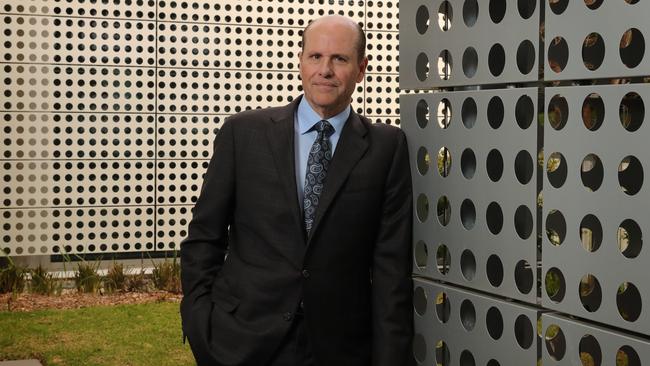
To soften the blow to retail investors, CSL intends price the SPP at the bottom of the placement price range and add a further 2 per cent discount.
For those retail investors that sit out of the process altogether the dilution should be contained given that the placement and SPP represent less than 5 per cent of the total CSL shares on issue.
While Australian companies have a poor track record when it comes to using equity raisings to fund overseas acquisitions, CSL has form in bedding down large pharma buyouts including the Novartis flu vaccine business and Aventis Behring.
The one thing investors need to be aware as they reach for the cheque book is that the transaction is not entirely risk free. CSL is moving into a relative new line – nephrology which covers kidney diseases including diabetes. Vifor Pharma also comes with highly complex manufacturing facilities that by their nature are prone to a wider range of operational issues when management are distracted.




All businesses big and small should worry about Woolworths’ profit warning which is set to send chills through boardrooms.